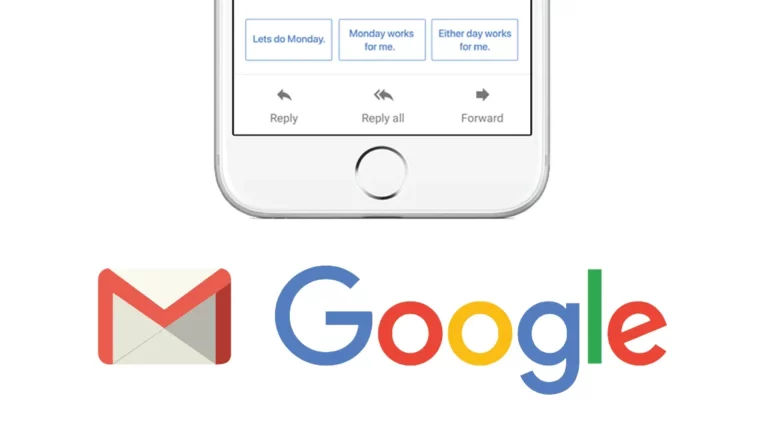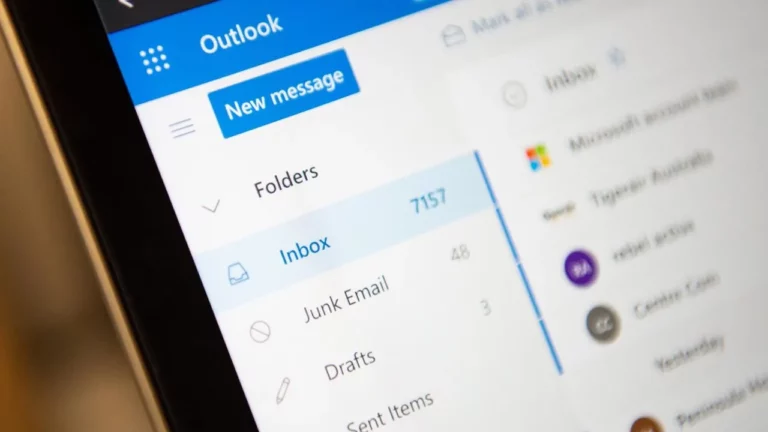Here are four tech innovations changing the way we treat mental health care in 2021.
Technology is already transforming mental health faster than anyone expected. – Blackdog Institute
With tech tools become increasingly influential in all facets of our lives, we’re starting to see more and more mental health providers adopting technology as part of their solution.
So, where is mental health technology at in 2021?
Apps to help people with Anxiety & Depression
From gratitude apps to mindfulness tools, there are many exceptional apps on the market to help give your mental health and wellbeing a boost.
While the concept of using apps isn’t new, they are indeed transforming into critical tools for people to use when needing to check in with their mental wellbeing. From simple meditation offerings to cognitive therapy to virtual reality scenes to treat all kinds of psychological disorders – apps seem to be the future.
Wearable technology
Very soon, wearable tech apps may be the key to improving the lives of the hundreds of millions of people who live with mental illness. Right now, they track our steps, calorie expenditure, heart rate and sleep -however, moving forward, they will be able to collect enough passive and active data from the wearer to predict their mood and the behaviours that follow.
Fitbit recently released its smartwatch, the Sense; Fitbit is placing a heavier focus on stress and its effects on your body. Using an electrodermal activity (EDA) sensor, the Sense can measure minor changes in your skin (like sweaty palms when you’re starting to feel overwhelmed or nervous) with a feature called EDA Body Scans. To check your stress levels, all you have to do is place your palm over the watch face and wait as it calculates your metrics. From there, you’ll be prompted to log your emotional state on the Fitbit app to help the Sense get a better idea of how you’re feeling mentally as well.
Tele-health
Tele-Health boomed in 2020. With health care having multiple capabilities and technologies for providing effective interventions to patients with various mental health issues, telehealth continues to provide doctors and health professionals with a wide variety of innovative choices and strategies for interventions and care for their patients. It is beneficial as its low-priced, adaptable, and can reach isolated communities.
AI analysis
With the advent of digital approaches to mental health, modern artificial intelligence (AI), and machine learning, in particular, is being used in the development of prediction, detection and treatment solutions for mental health care. How it will work – while you might not be aware of what you’re feeling, your behaviour will speak for itself, and whether you’re using an app or a smartwatch – this data can help to paint a clearer picture of your mental health and establish a more effective, targeted treatment plan. The Benefits of utilising AI to help solve the mental health crisis are endless – including how it will support mental health professionals in doing their jobs, allowing for 24/7 access for patients and its relativity cheap compared to face-to-face interactions.
ref: https://mashable.com/article/fitbit-announces-fitbit-sense-smartwatch/







